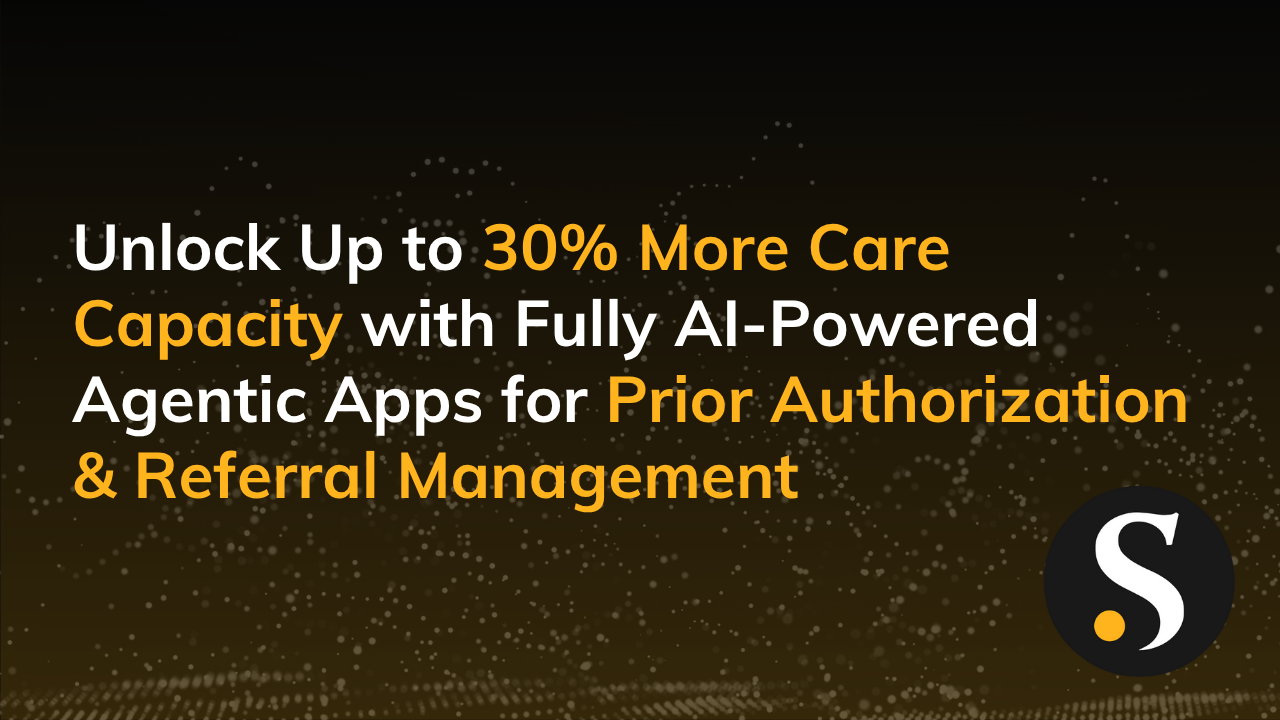Data-driven marketing is all the rage. But with over 9,900 MarTech solutions available, marketers are overwhelmed with a point solution for this and another point solution for that. Most are unable to extract enough actionable insights from various data sources to inform accurate decision-making in real-time.
An average organization receives data and metrics from 28 unique sources. The amount of consumer data doubles every two years, but 99% of the information is never used, analyzed, or turned into insights.
Yet, personalization—which uses consumer data to deliver tailored content to drive conversions—is the key to successful B2B and B2C marketing. For example, 80% of buyers are more likely to do business with a company that delivers a customized experience, and 70% say they’re more likely to buy again if that seller understands their needs.
33% of elite marketers say having the right technologies for data collection and analysis is critical for understanding their customers. But what do the “right technologies” mean, and how can you connect the dots to deliver a customer-centric experience?
Key Consumer Trends That Will Impact Your MarTech Decision
To choose the right technologies, you must first understand what you need to meet customer expectations. Here are the key trends that will shape your MarTech stack:
Privacy and Trust
Consumers have become savvier about data privacy. They’re also more discerning about which brands they share their information with.
You must engage consumers in meaningful ways so that they don’t mind interacting with your brand. And that starts with building trust and making customers feel that their data is protected.
After all, marketers must understand what customers want and need. Data privacy is a top consumer demand and expectation in today’s environment. Without the capability to protect your customers’ data, you’ll lose the ability to gain the insights you need to drive effective marketing campaigns.
Unified Data
Consumers expect a seamless purchasing experience along the entire customer journey, even if they interact with your brand via multiple channels. Marketers need clean, high-quality data to generate actionable insights and inform customer interactions to drive engagement and increase sales.
Data silos are one of the biggest challenges for marketers as disparate customer information is stored in various platforms and customer relationships management (CRM) tools that don’t talk to each other. Without a unified data repository to act as a single source of truth, marketers don’t have the information they need to deliver a seamless customer experience.
New Marketing Techniques
Consumer preferences evolve quickly. What used to work (i.e. email and SMS marketing) will become less effective as new tools emerge and expectations change. Marketers must explore new channels and platforms to deliver more value instead of hanging onto old formats that are declining in their relevancy.
Marketers are being expected to become more data-driven and data-savvy, but who has time to get a data engineering degree AND still deliver their day job? Choosing a platform that does the heavy lifting for you and provides an interface for making hard data jobs easy should be the focus.
As you adopt new techniques and platforms, don’t lose sight of the golden thread—your audience. You need a single customer view to help you apply the data and insights you have accumulated over time to different tools as your MarTech stack evolves so you can continue to build strong customer relationships.
The Rise of the Modern Data Stack Platform in Marketing
Customer data platforms are now increasingly used by marketers to complement their CRM systems and support granular segmentation to target the right person with the right content. Other point-solution marketing platforms have become the foundation for marketers to attempt to scale sophisticated strategies, such as account-based marketing (ABM).
On the other hand, a Modern Data Stack Platform (MDSP) gives you a central repository to leverage data from various sources to create 360-degree customer profiles.
You can derive insights to inform marketing decisions throughout the purchasing journey and deliver a holistic customer experience while owning all your data outright for other organizational needs. You also apply customer data to various tools and platforms through seamless integrations, no matter what the next big thing is.
The unified customer data repository enables marketers to align various systems and create a single source of truth at the account level to navigate complex buying group dynamics, drive engagement, accelerate the sales cycle, and increase conversion rates. The 360 customer profiles also inform post-sale service so companies can improve customer loyalty and retention.
An MDSP with data privacy and compliance components allows you to increase the cost-efficiency of managing data subject requests (DSRs), build trust with customers, and stay compliant with fast-evolving data privacy regulations (i.e. GDPR, CCPA) You can better protect sensitive data and flag fake profiles while adding an extra layer of security to data management.
Bring Your Customer Data Together
If you’re a marketer, it’s time to integrate MDSPs as a core component of your MarTech stack to bring all customer data together and start your journey of sophisticated data ownership.
These connected insights will help you identify holistic trends and create 360-degree views that inform customer interactions throughout the customer journey and upgrade your team’s data competency to compete.
You can connect the dots and know who your customers are and how to engage them. You’ll know where your customer data comes from and how it’s stored to adhere to various data privacy laws. Last but not least, you gain accurate insights to identify the most effective customer touchpoints and deliver the most impactful content to optimize your marketing ROI.
Ready to fully optimize your MarTech with a Modern Data Stack Platform? Request a demo and we’ll show you how Skypoint Cloud helps you make an immediate business impact at your organization.




